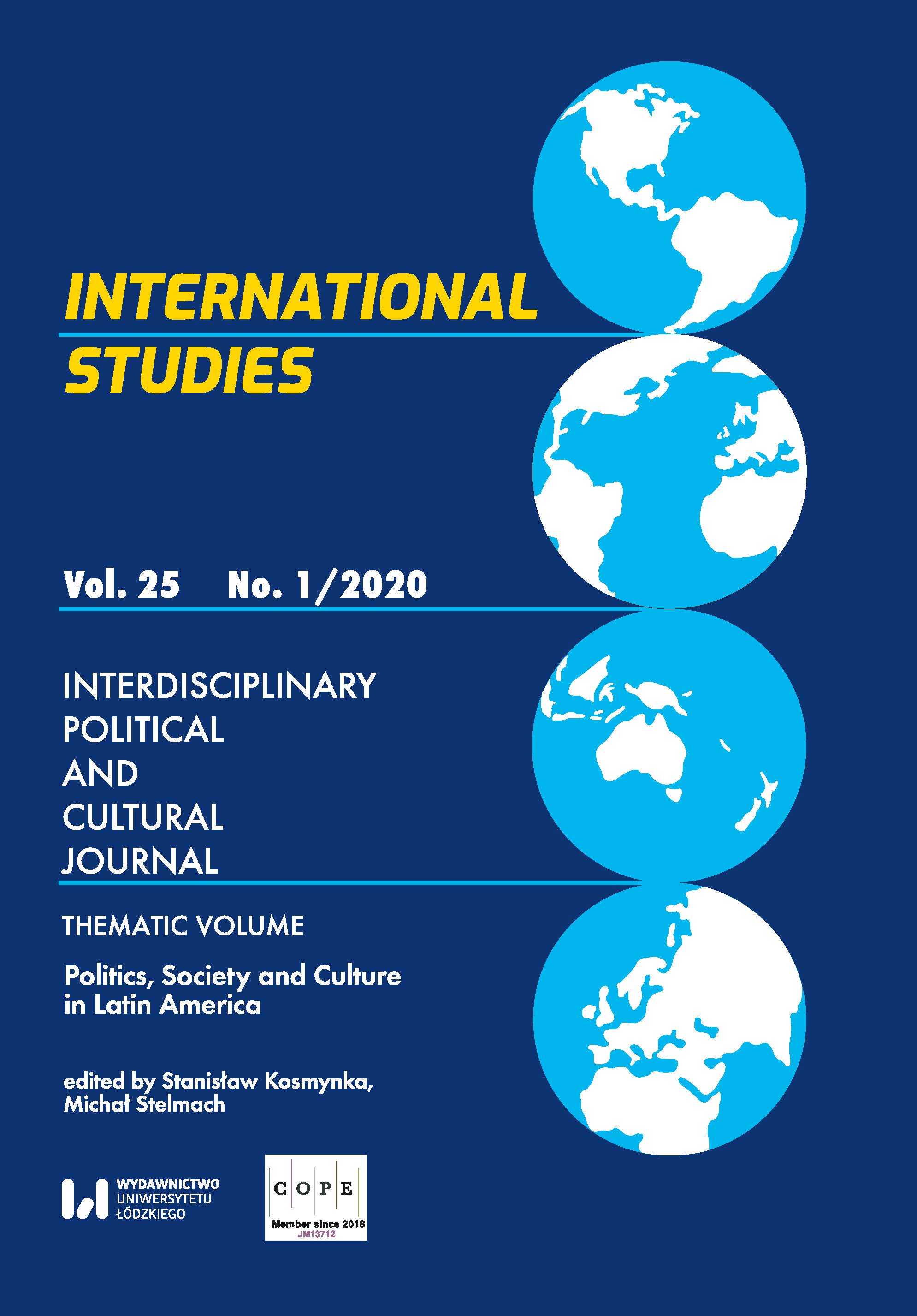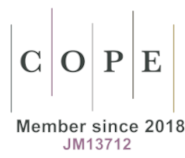Silent Conflict in High-profile Cities. Latin America and Beyond
DOI:
https://doi.org/10.18778/1641-4233.25.10Słowa kluczowe:
mass tourism, cultural conflict, urban anthropology, hospitalityAbstrakt
This anthropological essay provides a meditation on mass tourism while analysing the mechanisms of conflict between the needs of mass tourism and the local urban environment, extraterritorial spaces that fit into the universal heritage of humanity. Historical districts/ entertainment districts in capital cities are discussed as extraterritorial areas treated as ambivalent, bypassed, business bases. The tourists themselves constitute thoroughly ambivalent figures as tame strangers, treated simultaneously as a potential source of maximum earnings and intruders.
Pobrania
Bibliografia
Alvarez-Sousa, A. “The Problems of Tourist Sustainability in Cultural Cities: Socio-Political Perceptions and Interests Management.” Sustainability 10.2 (2018): 503.
Zobacz w Google Scholar
DOI: https://doi.org/10.3390/su10020503
Aramberri, J. Modern Mass Tourism. Hoa Sen University, Emerald Group Publishing Limited, 2010.
Zobacz w Google Scholar
Bigo, D., Globalized (In)security: the Field and Ban-opticon. Web 2 July 2019 http://www.people.fas.harvard.edu/~ces/conferences/muslims/Bigo.pdf
Zobacz w Google Scholar
Blumer, H., Symbolic Interactionism: Perspective and Method. New Jersey: Prentice-Hall, 1969.
Zobacz w Google Scholar
Butler, R., The Tourism Area Life Cycle. Bristol: Channel View Publications, 2006.
Zobacz w Google Scholar
DOI: https://doi.org/10.21832/9781845410278
Chang, H. Autoethnography as Method. New York: Routledge, 2016.
Zobacz w Google Scholar
DOI: https://doi.org/10.4324/9781315433370
Ellis, C., Revision: Autoethnographic Reflections on Life and Work. Walnut Creek, CA: Left Coast Press, 2009.
Zobacz w Google Scholar
Robinson, M. “Cultural Conflicts in Tourism: Inevitability and Inequality.” Tourism and Cultural Conflict. Eds. M. Robinson, P. Boniface, Oxford: CABI Publishing, 1999.
Zobacz w Google Scholar
Pobrania
Opublikowane
Jak cytować
Numer
Dział
Licencja

Utwór dostępny jest na licencji Creative Commons Uznanie autorstwa – Użycie niekomercyjne – Bez utworów zależnych 4.0 Międzynarodowe.

















